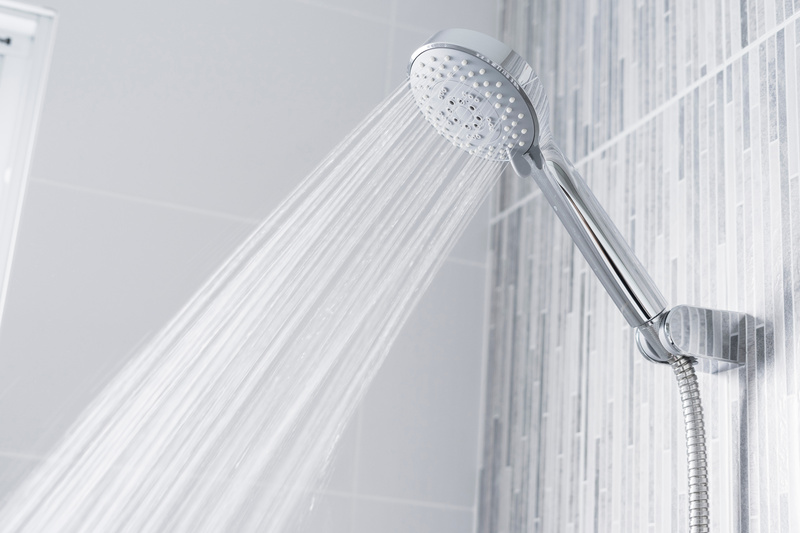Total Dissolved Solids (TDS) are an important indicator of the quality of water. It measures the concentration of minerals and salts in your drinking water – whether from a private well, public supply sources, or natural sources like lakes or streams. Most municipalities strive to maintain low levels of TDS as part of their stringent standards for providing clean drinking water to their populace.
1. Health Issues
While water is essential to proper health, water must be monitored closely for TDS. High levels of TDS can create health issues such as gastrointestinal problems and kidney stones. To ensure water safety, a water treatment system may be needed to monitor water quality periodically and avoid these complications. By investing in a water treatment system, you can make sure the water your family drinks will keep them safe from harmful chemicals and contaminants.
2. Taste Issues
High TDS water can significantly deteriorate the taste and odor, making it unpalatable. Also, some individuals may be exposed to an unpleasant metallic or even salty taste when they sip their drinking water.
This can be inconvenient, especially if you rely on the quality of your drinking water daily. It’s important to regularly test for TDS levels in your water, as any change in level could alter the taste and smell of your drinking water. If a change is detected, it might be time to investigate either new filtration systems or other methods of purifying the source of your drinking water.
3. Corrosion
Water testing is an important part of water safety, as the high levels of TDS found in water can lead to corrosion and contamination of the drinking water supply. When water with a high level of TDS is allowed to flow through copper pipes or bronze fixtures over time, corrosion will occur.
This can contaminate water supplies and become very costly to repair or replace. Fortunately, water testing helps prevent this problem before it becomes serious. It’s essential for water suppliers and homeowners alike to test their water often so that any elevated levels of TDS can be identified early on before further damage and contamination occur.
4. Scale Buildup
High TDS levels can be a major problem in water, causing undesirable scale buildup in pipes and fixtures. This scale buildup can lead to water pressure dropped and decreased water flow in households, both of which equate to large repair bills.
Investing in a water filtration system can be an effective, cost-efficient solution to keep the water clean and safe from the effects of higher-than-desirable TDS levels. These systems can neutralize the harmful chemicals that comprise high TDS levels, making it easier for water to pass through pipes in your home at optimal water pressure.
5. Soap Scum
Soap scum is annoying, but water filtration systems can help reduce its presence. TDS forms soap scum on bathroom and kitchen surfaces like sinks and showers. This film presents a difficult challenge for homeowners, making fixtures look dingy and unclean and wasting time as people have to spend hours scrubbing to get them off.
Installing water filtration systems, however, can drastically lower the TDS levels in water and prevent that troublesome build-up from forming, allowing you to keep your home looking sparkling clean with minimal effort.
It is important to understand that high levels of TDS in water can significantly negatively impact human health. As a result, it is crucial to conduct regular tests for TDS levels to ensure that drinking water doesn’t exceed the maximum safe limit set by the relevant authorities. If you need assistance regarding high levels of total dissolved solids in your water or would like further information, please contact Coastal Energy Water and Air for any inquiries.











